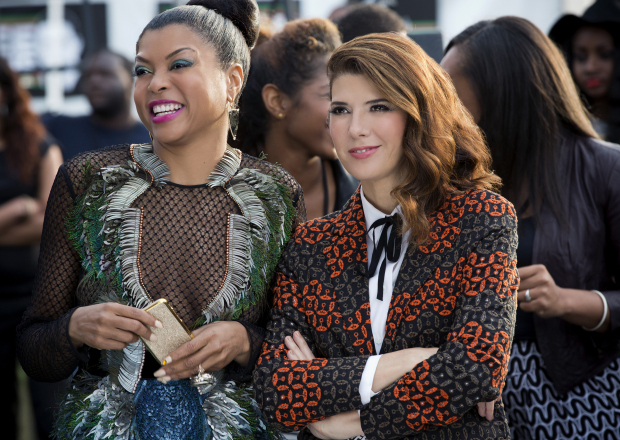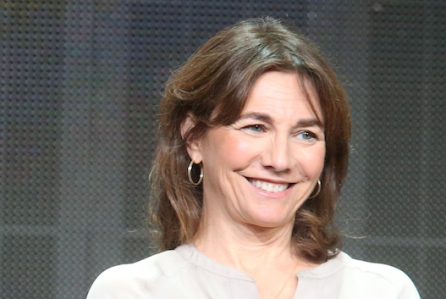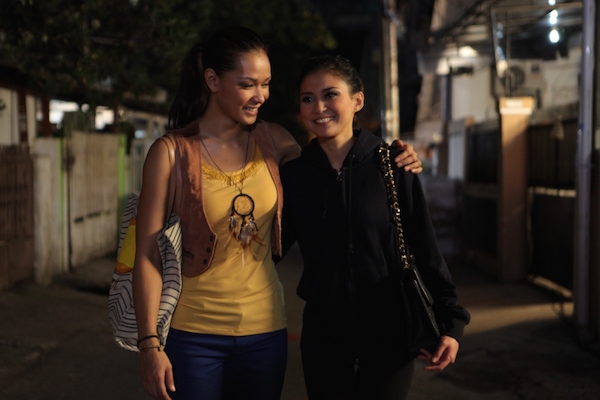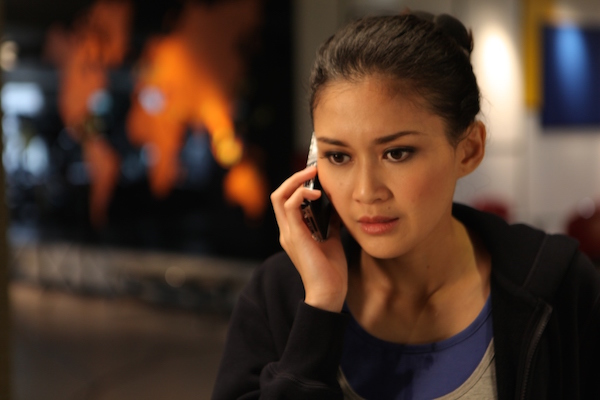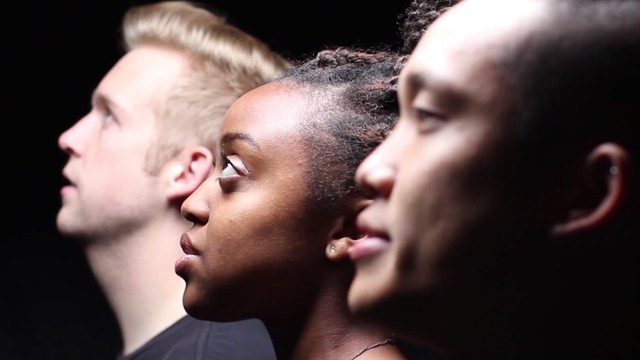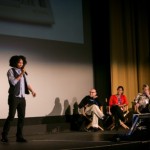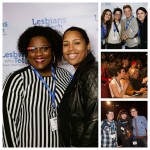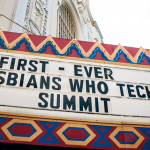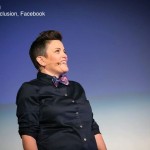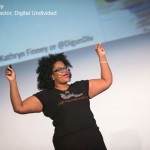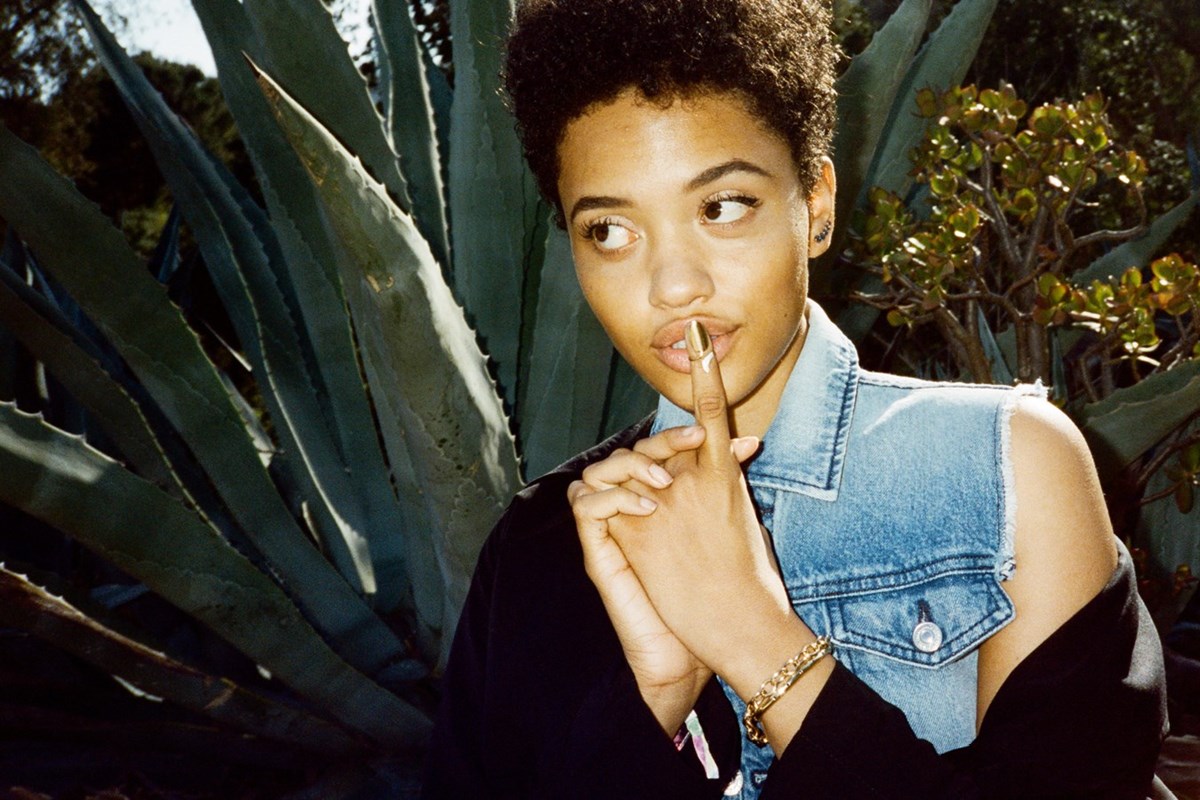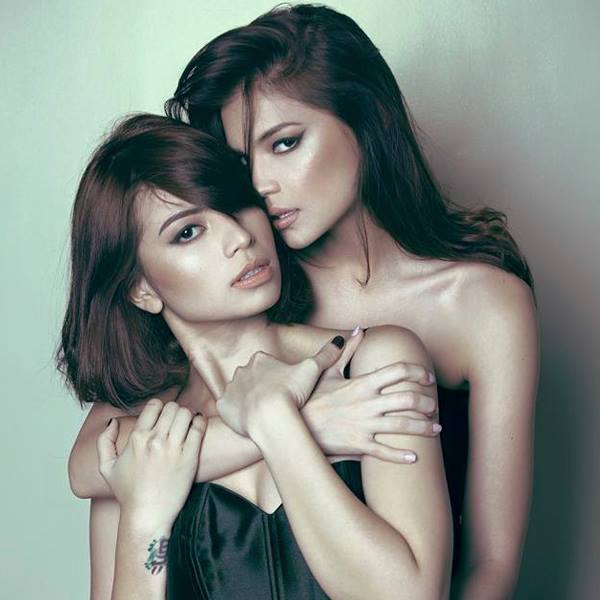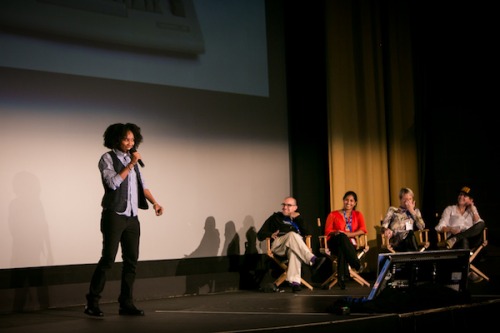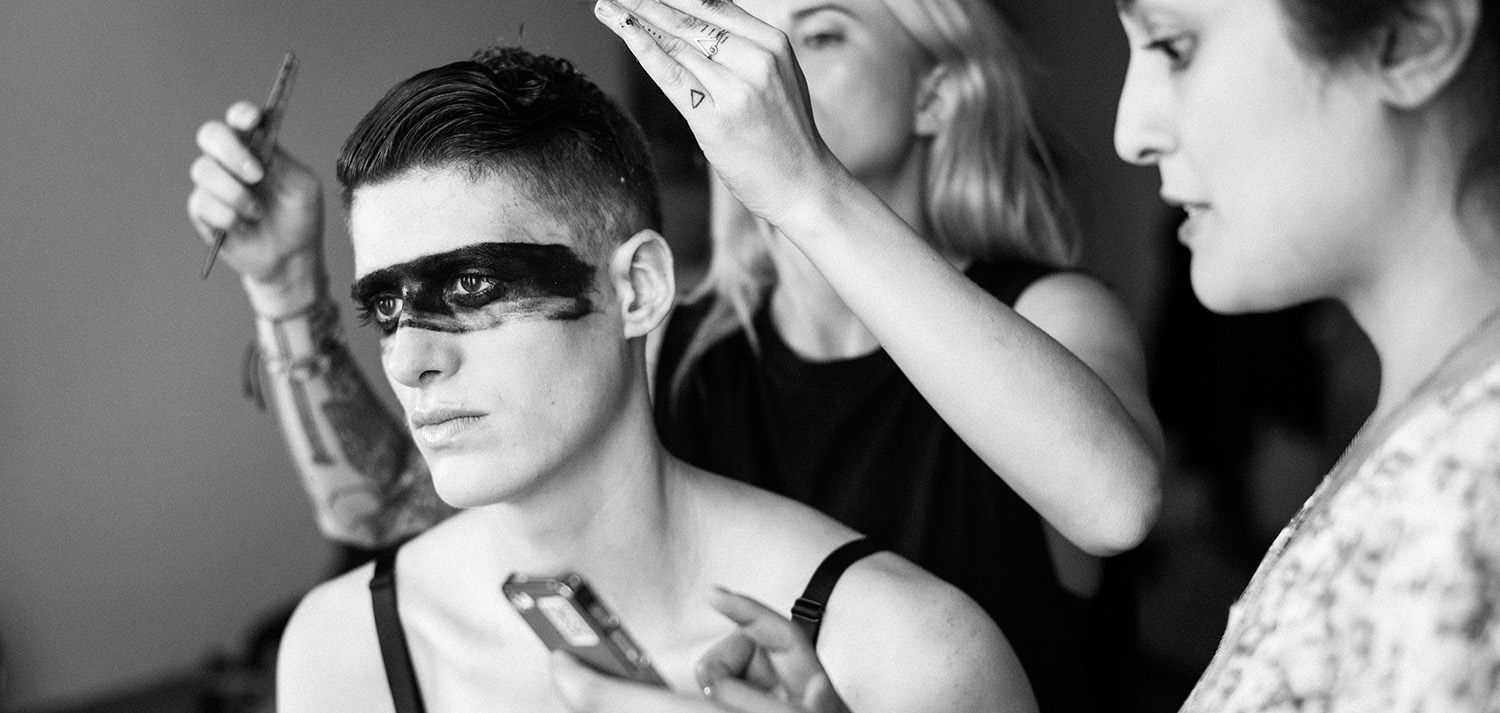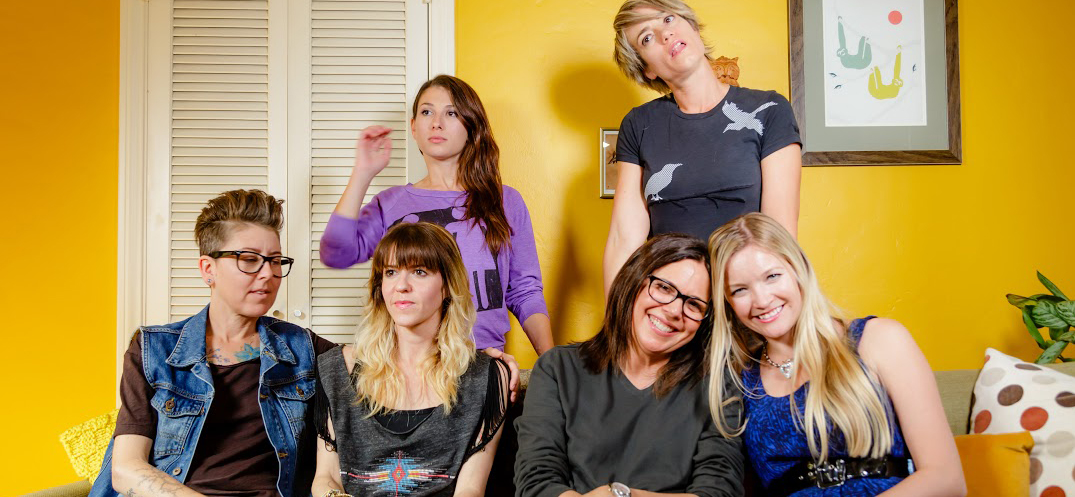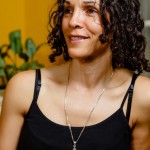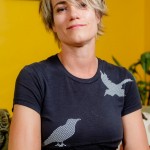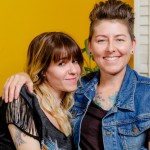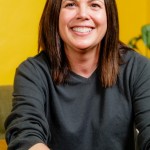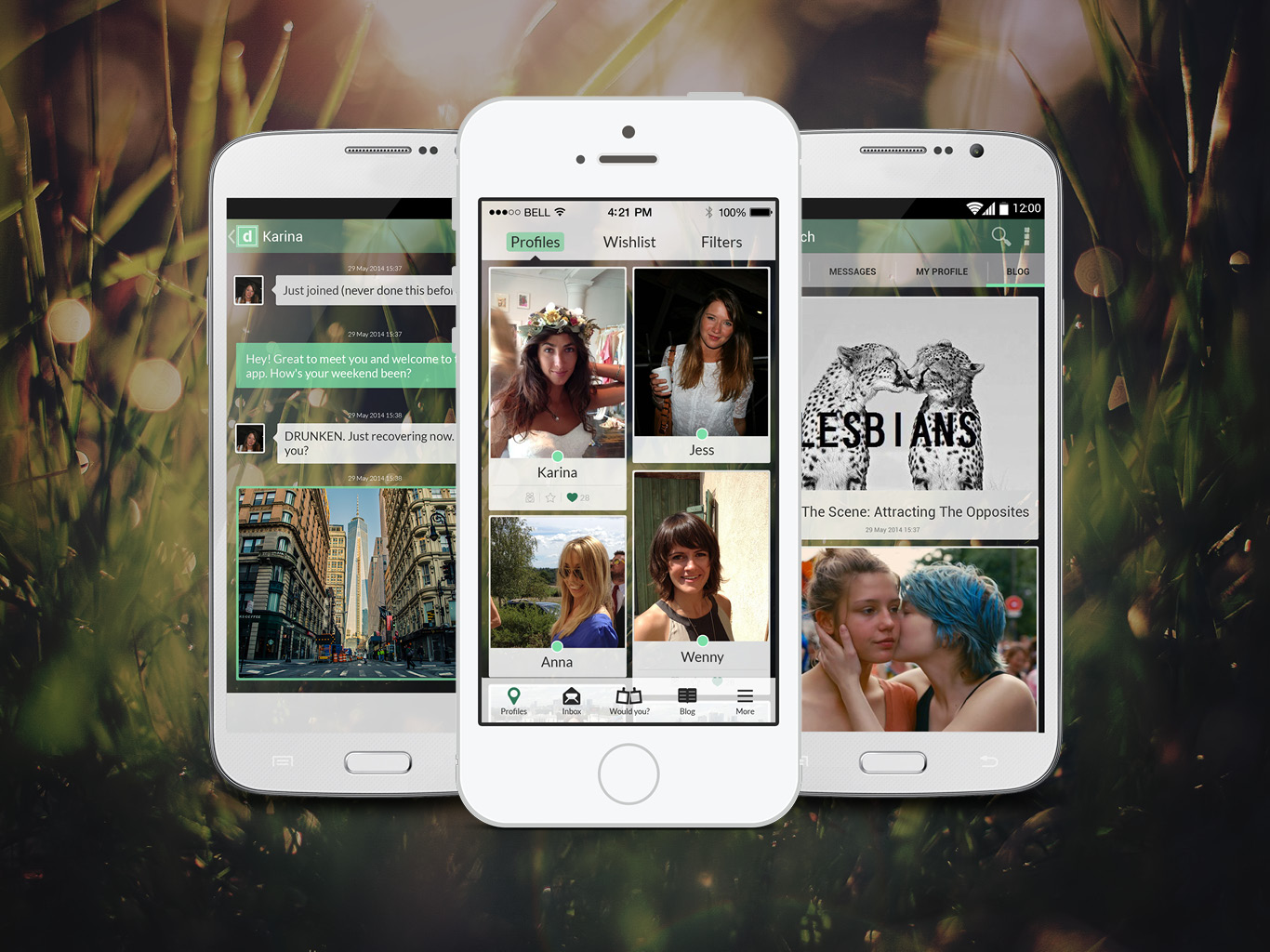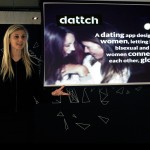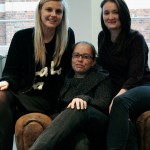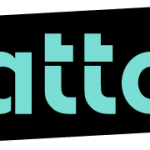To the heterosexual world, lesbians are mythical creatures. Not unlike the unicorn, the Loch Ness monster or the abominable snowman, heterosexuals know very little about these elusive beings and if they ever met one in person, they’d probably try and snap a selfie with them.
What informs most people’s opinions or ideas of what a ‘typical lesbian’ looks like (as if lesbians are a femme-y homogenous, plaid-wearing group) is whatever they’ve seen on the TV or at movie theatres. But between the dramatic, life-threatening antics of The L Word and Pretty Little Liars and the trope-y and offensive ways of Glee, they don’t have a lot to go on.
Also read: 10 Things That Happen In A Lesbian Relationship
Here to dispel some of the common misconceptions about lesbians that have cropped up over the years is this post. Below are five stereotypes that we regularly hear, but feel free to suggest some more in the comments!
1. All Lesbians Dress Like Men
Once upon a time, many, many years ago, some men with bowl cuts and dusty, unwashed tunics probably sat around a table and said ‘so you guys, women shouldn’t wear tunics, right?’ and from that day on, all pieces of clothing were forever separated into men’s and women’s. Bits of thread and fabric are sewn together and assigned genders; sounds ridiculous doesn’t it?
According to society’s rules, blazers and dress shirts are for men only, because apparently women aren’t allowed to look smart and/or feel comfortable. And on top of that, when lesbians do wear these clothes it means that they’re ‘dressing like men’.
While there’s a case to be made about straight people not knowing a lesbian if she was stood right in front of them, and only being able to recognise queer ladies when they’re butch, not all lesbians are butch anyway. Just ask Portia de Rossi, Leisha Hailey, Ellen Page, Jasika Nicole, the list goes on and on.
2. Lesbian Relationships Feature a Man and a Woman
That header probably sounds silly, doesn’t it? And yet heterosexuals still ask ‘who’s the man and who’s the woman?’ whenever they meet a same sex couple. Uh, no one’s the man and that’s kind of the point.
It stems from the homophobic belief that every relationship needs two people of the opposite gender – or that one person is more masculine or feminine. Nevermind the fact that sometimes same sex couples feature two, equally as masculine (or feminine) people or that no one asks heterosexual couples ‘which one of you is the man?’ when the woman decides to wear a pair of trousers that day.
3. All Lesbians Hate Men
Ah yes, one of the most common misconceptions at all is that lesbians hate men. Lesbians hate men so much that being around them makes lesbians physically ill! They refuse to interact with men! They hate men more than anything itself! So the stereotype goes, anyway. But we know that’s not true; at all.
Some lesbians are parents of men, some lesbians have brothers, fathers, uncles and so on and so forth. Most lesbians’ bosses are men and the majority of the world we live in is controlled by men (everything from our government, to the various food and service industries) so queer women would have a hard time hating (and avoiding) men if that really were the case.
This misconception likely stems from the idea that all lesbians are feminists and the fact that feminists have been misconstrued as ‘men haters’ for years. That’s obviously not what feminism is about (feminism is about equality between all genders) and some lesbians don’t even call themselves feminists, so there goes that assumption.
4. Lesbians Are Bra Burning Hippies
Ok, yes there are some queer women who like to eat clay and walk around barefoot (Shailene Woodley) and the world’s most famous, well-liked lesbian (Ellen DeGeneres) may be a vegan farmer with a fleet of adopted animals, but that doesn’t mean that every queer lady is the same.
To be clear, there’s nothing wrong with being a hippie, being environmentally conscious or burning your bra, if you’re into that (there’s nothing more freeing than removing your bra after a long day at work, am I right, folks?) but the idea that all lesbians are like that does come from a negative place. When lesbians are portrayed as vegans, as people who care about the planet or as those who dislike the patriarchy, it’s not being done out of kindness, it’s being done to paint queer women as deranged wackos who are weird for going against the grain.
So this might not be a total misconception, but it is one that’s often used to insult rather than uplift.
5. Lesbians Haven’t Found the Right Guy
The final misconception that we often hear from our straight counterparts is that lesbians are lesbians because they haven’t found the right guy yet. You can almost hear the prayers of ‘please be straight! Please come back from the dark side!’ in that statement, can’t you?
As though a woman would somehow shrivel up into a lonely, bitter husk without a man, straight people often assume that lesbians are waiting for the right guy to come along and marry them out of homosexuality. People who believe that say it because they don’t want the lesbian in question to be a lesbian – which is homophobic. But if they’re waiting for lesbians to ‘find the right guy’ they’d better get out the tents and flasks of tea, because they’ll be waiting an awfully long time.


